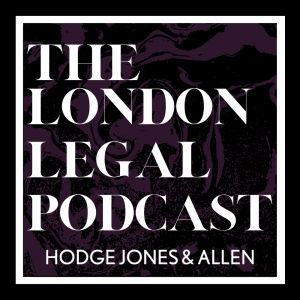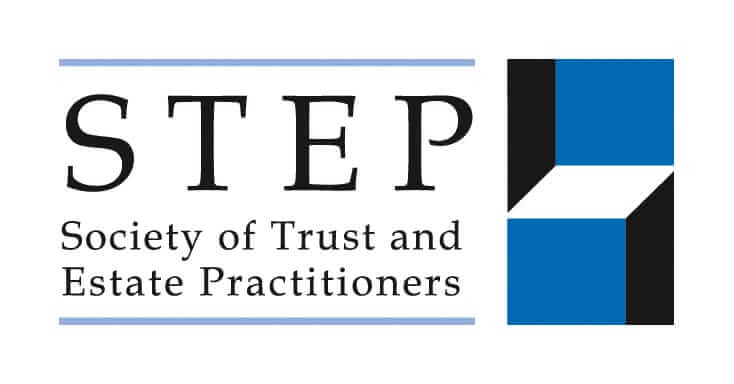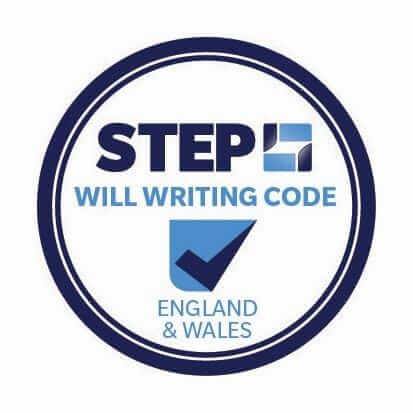When someone close to you dies, we know how difficult it can be to handle all their legal and financial affairs while coming to terms with your loss.
It might be the first time you’ve needed to take care of these arrangements, otherwise known as probate, and the process may be unfamiliar. Our highly experienced probate solicitors are approachable and sympathetic. They’ll guide you through the process, so you have one less thing to worry about.
We’ll provide you with the highest level of care, taking the time to understand your situation and how we can help. Our probate solicitors can manage the whole process from start to finish, or we can make the legal arrangements for you to handle it yourself. We can also provide specialist advice on wills, trusts, lasting power of attorney as well as instances of probate dispute, ensuring a satisfactory outcome for everyone involved.
Call our team for confidential advice on how you can apply for probate, what the process involves and what we can do to support you through what is often a distressing time.





















